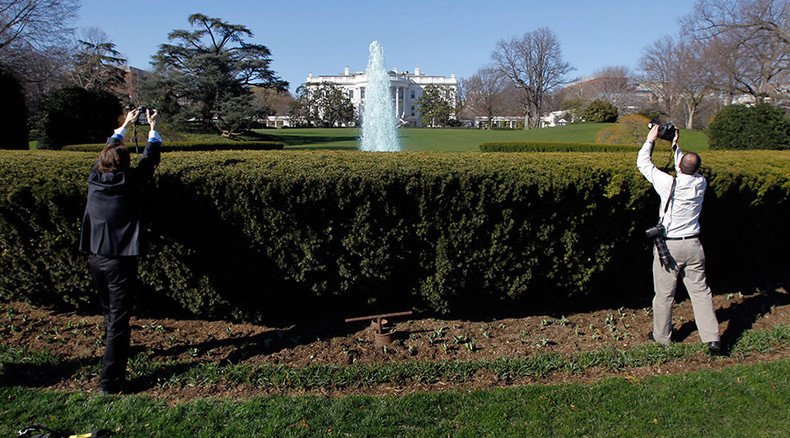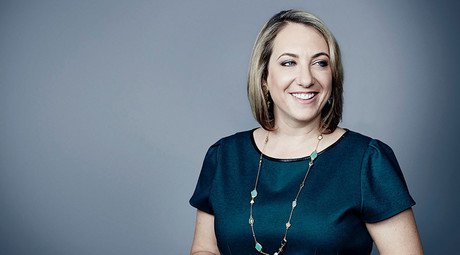US journalists nothing more than ‘courtiers to the powerful’

There are always those within the media who are willing to serve as in essence courtiers to the powerful. And that is basically what almost all journalists do in Washington, says author and war correspondent Chris Hedges.
READ MORE: Clinton & Benghazi Committee: Dancing on a tightrope
CNN reporter Elise Labott was caught getting help writing her Twitter posts from one of Hillary Clinton's top aides. Labott allegedly criticized Kentucky Senator Rand Paul on social media for asking Clinton tough questions during a Senate hearing on the attack in 2012 on the US consulate in Benghazi.
RT: If even tweets are apparently coordinated with the State Department, how much freedom do CNN journalists actually have?
Chris Hedges: Well, I wouldn’t single out CNN. There is a huge percentage of journalists within any news organization whose job it is to build close relationship with the elite – whether the financial elite or those in power. And that is a relationship that very swiftly and almost usually becomes incestuous. Whether it is at the New York Times or CNN or anywhere else, because in essence these journalists depend on access to these elite in order to do their job. And they are not going to get access unless they not only placate but oftentimes ‘carry water’ for these elites and that is just basically what has been exposed.
RT: Where is the line between learning information and passing it on and declaring that?
CH: That is never the kind of journalism that I participated in. I was always going from village to village in wars, I was not hanging around the generals, I never covered the State Department. These types of journalists function more as courtiers. And those who are in power are not going to leak to them information unless they feel that those journalists will, if not always, certainly often promote their interests and that is precisely what we have seen.
I covered, for instance, the war on Salvador during the Reagan administration and the narrative coming out of Washington was very different from the narrative that we were seeing on the ground in El Salvador and Nicaragua. But it wasn’t just the Reagan administration that I and other reporters in Central America were often battling, but our own Washington bureaus. These reporters whose careers depended on open access to those who are powerful and essentially made their carriers by passing on those narratives and being fed bits of information that almost always invariably strengthen the particular narrative that the power elite wanted to disseminate -a very kind of select leakage that every administration does, including this one.
So, what we’re really seeing is a brief kind of window to that relationship between reporters who are in essence tied very closely to those in power, socialize with them and quite often and shamelessly promote their interests.
RT: This is not the first case that has emerged of American journalists following the coordination of the State Department. Why is it then that Russian channels always get accused of propaganda?
CH: I can assure you it happens in the Kremlin just as it happens in Washington. It is the nature of power. And you know the kind of journalism that I did was almost always antagonistic to power, which meant that I was not invited into the corridors of power. And that for me is a more honest form of journalism. But it happens everywhere there are people in power. And there are always those within the media who are willing to serve as in essence courtiers to the powerful. And that is basically what almost all journalists do in Washington.
The statements, views and opinions expressed in this column are solely those of the author and do not necessarily represent those of RT.













